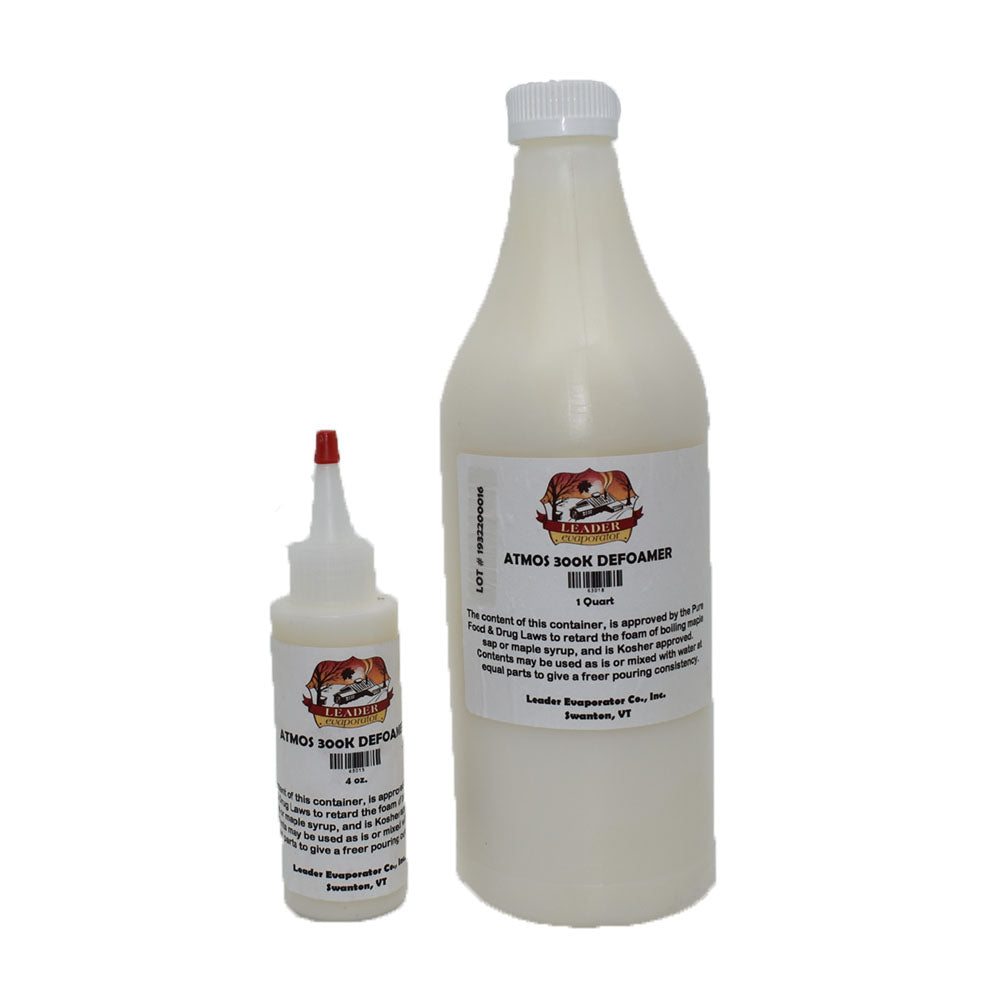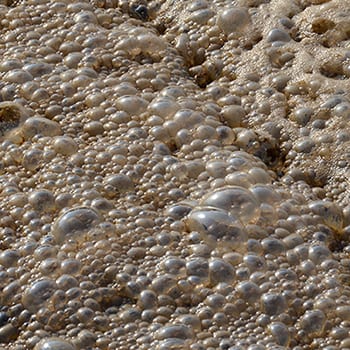Why Defoamers Are Essential in Water Treatment and Waste Management
Why Defoamers Are Essential in Water Treatment and Waste Management
Blog Article
Discover the Top Advantages of Utilizing Defoamers in Industrial Processes
The usage of defoamers in commercial procedures presents a variety of engaging advantages that can enhance functional efficiency and product top quality. By effectively managing foam manufacturing, these representatives not just optimize material flow however additionally add to significant expense decreases and enhanced sustainability. Their application extends numerous sectors, which raises questions concerning their role in mitigating ecological impact while ensuring regular outcome. Recognizing these benefits is crucial for industries aiming to refine their processes. The ramifications of embracing defoamers may be a lot more profound than at first viewed. What particular benefits could your organization harness?
Improved Process Performance
Maximizing industrial processes often includes dealing with foaming concerns, which can impede operational performance. Foam formation can hinder the correct performance of equipment, lower the efficient usage of sources, and make complex the tracking of critical criteria. By applying defoamers, markets can effectively mitigate these concerns, resulting in streamlined operations and enhanced productivity.
Defoamers work by destabilizing the foam structure, allowing for rapid collapse and significant decrease in foam volume. This activity not just improves the circulation of materials with tools, such as pipes, reactors, and mixers, however additionally reduces disturbances triggered by foam overflow. Tools downtime is decreased, enabling for an extra continuous and effective production procedure.
In addition, using defoamers can cause lowered energy usage. With less foam to manage, pumps and compressors can run extra successfully, resulting in lower operational expenses and a total renovation in procedure throughput. Ultimately, the tactical use defoamers not only addresses instant lathering difficulties yet also adds to a more efficient industrial community, promoting a competitive advantage in a demanding market.
Improved Product Quality
The integration of defoamers in industrial processes plays a critical duty in boosting item top quality. By properly regulating foam development, defoamers add to the uniformity and uniformity of final products. Too much foam can bring about oygenation, which adversely affects the structure and stability of formulations, especially in markets such as food and drinks, pharmaceuticals, and finishes.

In addition, defoamers promote much better mixing and dispersion of ingredients, bring about homogeneity in solutions. This is necessary in applications where specific component ratios are critical for efficiency and security. Additionally, the removal of foam can lower the danger of contamination throughout manufacturing, more guarding item stability.
Eventually, by enhancing product top quality, defoamers not only enhance consumer complete satisfaction however likewise enhance brand name online reputation. Their function in maintaining high-grade criteria highlights their importance in modern commercial processes.
Cost Decrease Advantages
Carrying out defoamers in commercial processes can lead to substantial price decrease advantages. By successfully managing foam formation, defoamers lessen item loss during production, therefore optimizing product usage. This reduction in waste translates straight into reduced resources expenses, enhancing total operational performance.
Furthermore, making use of defoamers can reduce power consumption. Excessive foam can impede equipment performance, bring about increased energy requirements to keep production degrees. By reducing foam, defoamers promote smoother operations, enabling equipment to run more effectively and reducing energy expenses.

Additionally, defoamers can shorten handling times. By making use of defoamers, industries can improve their procedures, leading to faster turn-around times and boosted throughput.

Environmental Influence Reduction
In industrial processes, making use of defoamers plays an essential role in mitigating environmental effects connected with foam generation. Foam can lead to substantial functional inadequacies, causing boosted discharges and waste generation. By efficiently managing foam, defoamers assist preserve procedure efficiency, consequently reducing the general environmental impact of operations.
Moreover, too much foam can overflow control systems, resulting in spills that might pollute soil and water sources. Defoamers assist minimize this threat by making sure that foaming does not go beyond recommended restrictions, advertising conformity with environmental laws. This aggressive method not just safeguards environments but likewise enhances the sustainability of commercial practices.
In addition, using defoamers can decrease energy usage in various processes. defoamers. Decreasing foam development decreases the demand for extra energy-intensive actions, such as enhanced frustration or pumping, which may or else be necessary to take care of foam. The fostering of defoamers aligns with broader sustainability objectives by advertising power effectiveness while lessening the carbon impact of industrial activities.
Inevitably, incorporating defoamers right into industrial operations is a calculated action that sustains environmental stewardship and responsible resource administration.
Convenience Across Industries
Across different markets, defoamers show impressive versatility, adapting to the certain demands of varied applications. In the food and drink field, for example, defoamers are essential to preserving product quality by avoiding foam formation during processing, which can affect texture and flavor. Likewise, in the pharmaceutical market, defoamers make sure the security of formulas, improving product efficacy and uniformity.
In the chemical manufacturing realm, defoamers help with smoother procedures by decreasing foam in response vessels, hence boosting yield and minimizing downtime. The paper and pulp sector depends on defoamers to improve the effectiveness of pulp processing and paper manufacturing, guaranteeing optimal item integrity. In addition, in wastewater treatment centers, defoamers play a crucial role in managing foam during oygenation processes, causing improved therapy outcomes.
The adaptability of defoamers reaches the oil and gas sector, where they assist in website here handling foam in drilling liquids and manufacturing processes. By customizing formulations to satisfy details industry needs, defoamers serve as see this page vital tools that improve functional efficiency, product top quality, and total process efficiency throughout a multitude of markets. Their flexibility underscores their value in modern-day industrial applications.
Conclusion
To conclude, the utilization of defoamers in industrial processes offers countless benefits, consisting of improved effectiveness, enhanced product quality, significant cost decreases, and favorable ecological effects. Their capability to efficiently control foam formation contributes to functional connection and resource optimization. The flexibility of defoamers across varied markets highlights their crucial role in advertising sustainable techniques and earnings. The combination of defoamers represents a critical technique to dealing with challenges linked with foam management in numerous manufacturing settings.
Inevitably, the tactical usage of defoamers not just addresses immediate lathering obstacles but likewise adds to an extra reliable industrial environment, cultivating a competitive advantage in a demanding see this here market.
In industrial processes, the usage of defoamers plays an important duty in mitigating environmental impacts connected with foam generation. By properly regulating foam, defoamers aid maintain process efficiency, thus minimizing the total ecological impact of procedures.
Furthermore, in wastewater treatment facilities, defoamers play a vital duty in managing foam throughout oygenation procedures, leading to better treatment outcomes.

Report this page